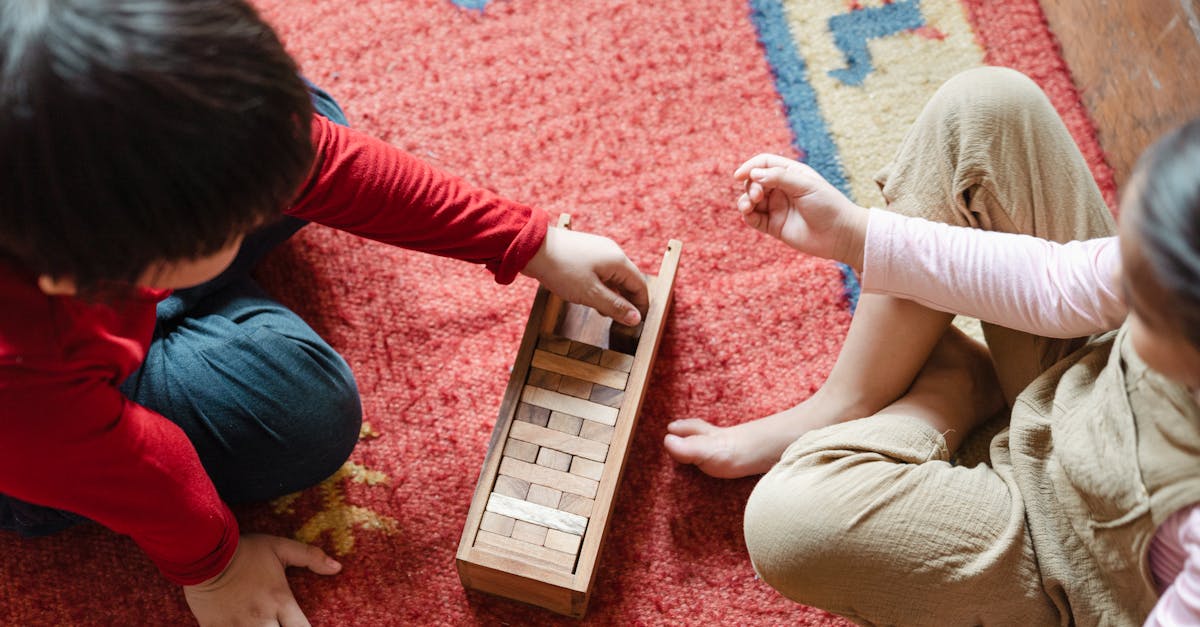AI-Powered Learning Tools
AI-Powered learning tools are making quite a splash in classrooms these days. Imagine your child’s favorite animated character teaching them the alphabet! AI can transform these lessons into fun, interactive experiences. This tech assesses your child’s interests, making learning more engaging. AI can adapt on the fly, presenting information in new ways if your child doesn’t quite get it the first time. These advancements mean fewer tears and more high-fives during homework sessions.
Personalized Learning Experiences
Personalized learning experiences are no longer just for adults. With AI, each child can have a unique learning path. Picture an AI tutor that understands your child’s strengths and weaknesses. This smart tutor tailors lessons to best suit their learning pace and style. It’s like having a super-nanny who knows just how to support and challenge your little one. Imagine fewer Mom, I don’t want to do this! moments and more Look, Mom, I did it! moments.

Collaborative Learning Through AI
Collaborative learning through AI helps children develop social skills even in a digital world. AI can facilitate group activities where kids solve problems together. These collaborative tasks foster communication and teamwork. With AI, learning isn’t confined to the classroom; kids can connect with peers from around the globe. Imagine your child working on a science project with a friend in Japan, learning about different cultures while developing crucial social skills.
Link to View Image
Emotional Intelligence and AI
Emotional intelligence and AI may sound like an odd pair, but they work wonderfully together. AI tools can help children understand and manage their emotions. For instance, AI companions can encourage children to talk about their feelings, teaching them emotional vocabulary and empathy. Picture a scenario where an AI buddy helps your child calm down after a tantrum, guiding them through breathing exercises. This builds emotional resilience and better coping strategies in kids.

Safety and Monitoring
Ensuring the safety and security of children is paramount. AI in early education also focuses on these aspects by providing monitoring tools that alert parents and educators about any potential risks. These tools track online activity and even physical safety in real-time. Envision a peace of mind where you’re always informed about your child’s well-being, even when you’re not physically present.

The Role of Parents
The role of parents becomes more dynamic with AI technologies. While AI offers many educational benefits, parents are essential in guiding and overseeing their child’s digital interactions.
Engage with your child about their AI-powered learning experiences. Perhaps even share in a few lessons to better understand how the tech shapes their learning. Being proactive can help you support your child more effectively and ensure the technology complements traditional learning methods.

Balancing Screen Time with Real-world Play
**Balancing screen time with real-world play is crucial.** Artificial Intelligence (AI) is fantastic, but kids need to explore the real world too. Encourage outdoor activities and creativity without screens. Strike a balance to ensure that technology enhances rather than diminishes physical activity and social interactions.
Imagine using AI to schedule ‘tech-free’ times where your child can enjoy hobbies, sports, and imaginative play. This way, they benefit from the best of both worlds.
 **Remember:**
**Remember:**
- Outdoor play is essential for physical and mental health.
- Unstructured play fosters creativity and problem-solving skills.
- Social interactions are crucial for emotional development.
Related Posts:
- Optimize Your Child’s Learning with ChatGPT
- ChatGPT’s Role in Early Childhood Learning
- Unlock Preschooler Potential with ChatGPT
- AI in Pre-school Learning: ChatGPT Integration
- AI for Parents: Enriching Child’s Learning
